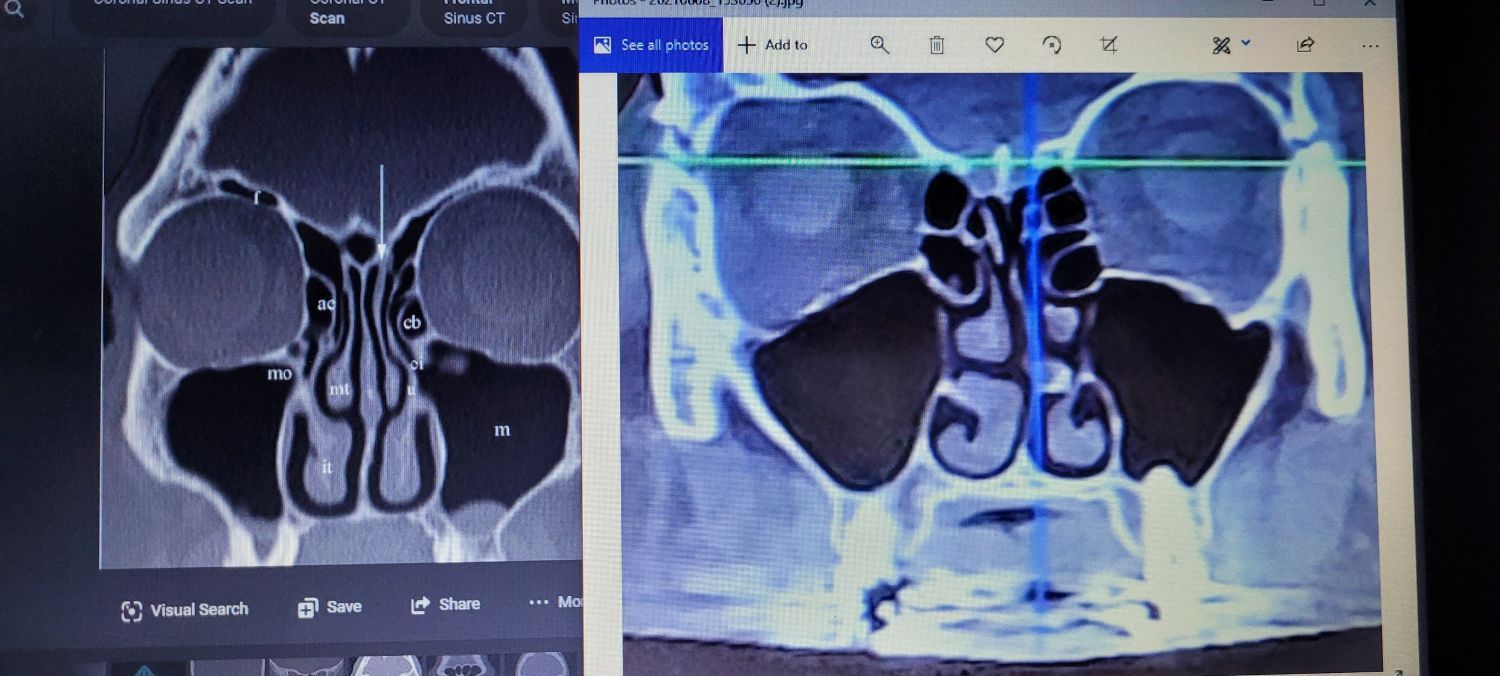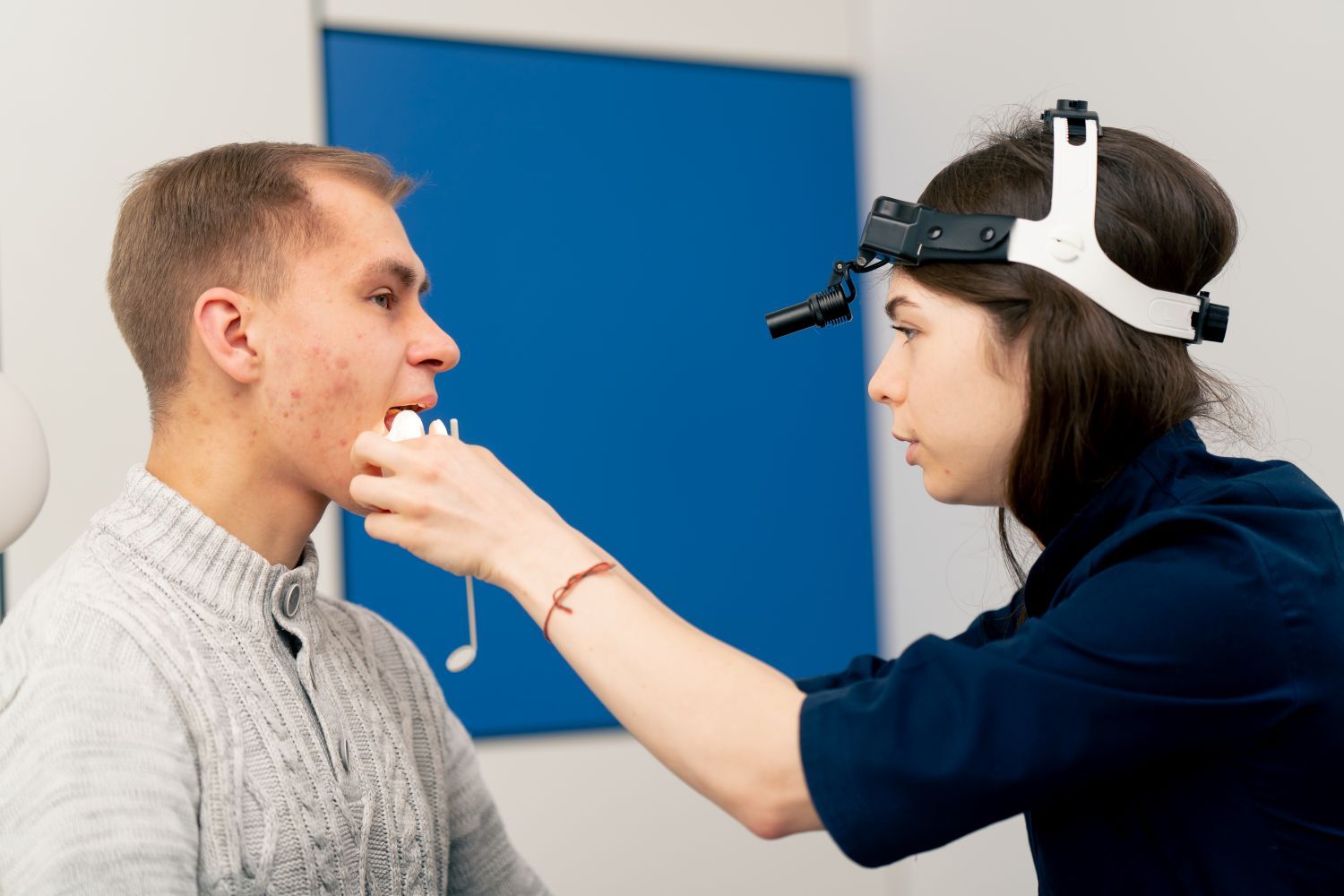Everything you need to know about the Alpha-Gal Syndrome
April 6, 2022
Multidisciplinary Snot Force Alliance Webcast with Allergist Dr. Lee Clore
Alpha-Gal Syndrome (AGS)
What is the Alpha-Gal Syndrome (AGS)?
Typical Symptoms of AGS:
- Hives
- Heartburn or indigestion
- A drop in blood pressure
- Diarrhea
- Rash
- Nausea
- Cough, shortness of breath, or difficulty breathing
- Dizziness
- Swelling of lips, throat, tongue, or eyelids
- Severe stomach pain
How to treat AGS?
- If you have AGS, please consult your doctor or a qualified allergist who can help treat it.
- Try avoiding foods that contain alpha-gal. Some examples include meat such as beef, venison, pork, lamb, rabbit, cow’s milk, milk products, gelatin, etc. Ask for a list of foods to avoid from your healthcare provider.
- Prevent tick bites by avoiding grassy or bushy areas, treating clothes with permethrin, checking your clothes for ticks, and cleaning yourself up once you are indoors.














